The Mind, Explained (Documentary)
The Mind, Explained
Have you ever noticed that you are 100% sure about a certain memory but your mother or father remembers that same memory differently? The gist is the same but there may be some alternations in their version. Why is that? Have you seen a crazy dream that makes no sense whatsoever? Yet, there are people who try and interpret this dream. They feel that it holds significance. Your heart is racing and your palms are sweaty. Is it anxiety or a panic attack? Nowadays, there is an emphasis on mindfulness. However, yogis are known to meditate. Are these two the same or different? Psychedelics are banned and discouraged, though they have been known to provide anxiety relief. Why? How is our mind affected by all this? Why do we react the way we do? Why are books like The Monk Who Sold His Ferrari, Ikigai, The Alchemist, etc so popular? WHY?
In this blog, we will be indulging in topics like memory, dream, anxiety, mindfulness, and psychedelics to some extent. For a detailed version watch the documentary series The Mind, Explained. Narrated by Emma Stone.
Memory
I was a little baby, sitting on my great-grandfather's lap. He was talking to me. I don't remember what it was about. From the bedroom door, I could see a part of the kitchen. In the kitchen, a woman in a blue saree was cooking something. It was my great-grandmother. Today, a portrait of my great grandfather and great grandmother hangs in my grandfather's home. My great grandfather was in white kurta pajama and my great grandmother was in a blue saree. My great grandfather has seen me. However, my great-grandmother died before she could see me. Then how is it that I have this memory?
If you look at these brain scans, you will see that a similar part of the brain gets light up in the case of imagination as in the case of memory. Based on a small memory of my great grandfather, and a portrait of both my great grandparents, my mind linked the situation and created a false memory (an imagination) that I have seen my great grandmother. Therefore, most of our early childhood memory is not as reliable as one may believe it to be.
Memory Enhancement
Yanjaa Wintersoul is a grandmaster of memory. She has three world records for memorizing 360 images in 5 mins, 212 names, and faces in 15 mins and 145 words in 5 mins. How does she do it?
She has a trick for memorizing things. Whatever, she has to memorize, she converts it into a story. For example, you have to memorize what is Schottky's defect observed in ionic solids. Now, look at the word Schottky. It looks similar to shots. Shots and drinks are often associated with friends. Now, form a story. A group of friends comes together to have shots at a bar. They all reach at the same time to drink and then all of them return home. In Schottky defects of ionic crystals, some ions leave their spots and exit the solid. To maintain neutrality, an equal number of opposite charges leave the solid, Thus, further creating vacancies. The bar was empty before the friends came and then they left it empty again. The density of the bar remained the same as in the case of the density of solids with Schottky defects.
Dreams
What does the mind do when we go to sleep? Electroencephalography (EEG) shows that as we dose off to sleep, the brain activity reduces. However, the deeper we sleep, with the passage of time, there is an increase in brain activity. It is at that point in time, that we are having a dream. Dreams occur for a very short duration of time. If you sleep for 30 mins, then you probably dream for about 5 mins. It has been observed that when you dream about something, some external movements also occur simultaneously. For example, if you dream that you are an audience in a tennis match, then there is a good chance, that your eyeballs are moving back and forth while dreaming. This is known as REM sleep.
Dreams: What does it signify?
For centuries, people have believed that dreams have meaning. Dreams may hold prophecies or hints about the future. It may or may not be the case. Many books have been published about dreams. One of them by Sigmund Freud says that dreams have sexual meaning. For example, if you dream of scissors, then you are thinking about castration. However, other scientific studies suggest otherwise. Dreams are often the reflection of the present situation. For example, Dorothy from Wizard of Oz upon waking up realized that the characters she dreamt of were based on real people and their shortcomings.
Most of my dreams involve me chasing after a loved one. It may be because I have a fear of losing people I love. To conclude, dreams don't need always need to hold a purpose.
Anxiety
Heart palpitation, sweaty palms, jittery stomach, muscle twitch, mutism, losing control, nausea, headache... A list of possible symptoms of anxiety could go on and on. So, what is anxiety? Anxiety is was of life. It is present in every living being. For example, you are standing on a road. Suddenly, a speeding car is approaching you. Your eyes dilate, the blood supply of your digestive system and excretory system or reproductive system is directed to your skeletal muscles. You start to sweat and your breathing rate increases. It is fight or flight time. All these are symptoms of anxiety. If anxiety is meant to be a survival skill, then how is it a problem?
When anxiety comes in the natural way of life, then anxiety becomes a mental disorder. Many people believe that the cause of anxiety is due to increased screen time and social media. However, studies have shown that the rate of anxiety present today is the same as that of ancient times. Only the reason behind anxiety has changed. Initially, cavemen were anxious about approaching winter, then in the 1900s it was the war and today the reason may be job or EMI, etc. Then, is screen the cause of anxiety or do people use it as an escape from anxiety?
Anxiety: A mental disorder
Anxiety can be classified as follows:
- Catastrophic: Belief that something bad is going to happen. Example: separation anxiety, arachnophobia, glossophobia, ophidiophobia. I am always scared when a loved one goes on a big trip or long-distance travel. I would be constantly scared that I would lose them.
- Fear of Evaluation: It is the hallmark of social anxiety. It arises due to someone else's judgment or belief. I am scared if I don't make it to medical, people will say things about me. They may judge me for choosing other options like pharmacy or agriculture.
- Losing control: There is fear of loss of control that comes with a panic attack. For example, you may start shaking and then start avoiding people although.
- Fear of uncertainty: Being scared of not knowing what will happen. It includes generalized anxiety disorder and obsessive-compulsive disorder (a fixation on impulses and thoughts). I tend to check for my slippers at least 6 to 7 times just before going to sleep, Sometimes, I do it to an extremity. Then, I tell myself... Well, your slippers are right here. Don't worry. If you can't find them in the morning, then they will probably be near the washroom and that's okay.
One can't simply cure anxiety. It isn't a quick-fix problem. You have to experience anxiety and tell yourself that it's okay and you will get through it.
Mindfulness
Recent statistics have shown a arise in google searches of words like anxiety, panic attack, jitteriness, rising heartbeat, depression, etc. Meditation has risen as one of the most prominent and effective ways to deal with anxiety. Meditation is like sports. Just as there is a variety of sports ranging from tennis to cricket to hockey, there is a variety in meditative techniques. It can be chanting a mantra, reading religious hymns, doing bhajans, or quietly reading a religious text. However, as meditation techniques have spread from east to west, it has become more secular.
Meditation focuses on slowing down your thoughts and reach a calm state of mental relaxation. However, mindfulness focuses on realizing or being aware of your thoughts. It doesn't necessarily mean you have to interpret them. For example, you are feeling happy. Here, being mindful means being aware of your happiness but no need to navigate the reason behind it. It just requires you to be alert to your emotions.
Mindful meditation
Mindful meditation is a technique to deal with anxiety. It can be best explained by the following story:
Once there was a turtle casually roaming in a jungle. Suddenly, a fox jumped out of the bushes. The fox thought it was going to have a wonderful meal today and the turtle thought I don't want to become a meal today. The turtle being a slow creature couldn't simply run away. Turtle thought for a moment and slid inside its shell. The fox came close and nudged the shell. But the turtle didn't come out. The turtle was fully aware of the fox's presence but he remained inside the shell. The fox couldn't just stand there forever. Eventually, the fox went away and the turtle resumed his journey. Another possibility could have been that the turtle and fox become friends.
In this story, the turtle represents the people with anxiety and the fox represents the causative agent of anxiety. The way the turtle was aware of the fox shows his mindfulness and the fact that the turtle waited for the fox to pass shows meditation. Thus, the concept of mindful meditation.
Psychedelics
Psychedelics are substances that produce a change in mood, perception, and the way the mind processes things. They are usually non-addictive in nature. Currently, we live in a world where psychedelics are banned in most countries or are allowed only for research purposes and religious rituals. However, there was a time when psychedelics were very popular and openly used among the youth. That changed during the 1900s, ie., the time of wars due to the reason already stated.
Today, scientists find certain psychedelic drugs to be very useful in combating anxiety or depression. For example, it has been found that depression is caused due to lack of serotonin in the body. This can be easily fixed with a psychedelic drug like LSD due to the molecular similarity in structure.
Why discourage psychedelics?
Many psychedelics interfere with the regular networking of the brain. Things that appear sharp and clear to a sober person may appear distorted or blurred to a psychedelic. This result is due to the establishment of new networks. For example, after a snowfall, everything is covered in a snow blanket. It is only after the snow-clearing truck paves the way, that roads become visible. Thus, a network of sober person's brains is mapped. However, taking LSD results in another snowfall. But this time, there is no truck. People are sledding in any direction that they wish. There is no I or myself, the ego is lost in the process. New networks are formed.
Hence, before taking any psychedelic two factors become very important. The set and the setting. They both play an important role in the after-effects of these drugs. Set refers to the mindset and the purpose with which you are going to take a psychedelic and setting refers to the ambiance and/or the person you are taking the drug with. For example, if the purpose is to reduce anxiety before getting your health report, then you may take a psychedelic under the supervision of a guide, and accordingly, your anxiousness will be managed and you will feel relaxed while receiving your report. However, in case it isn't taken under proper supervision, the improper dosage may cause you to excessively feel your emotions,
For further investigation of these topics and a detailed explanation, do watch The Mind, Explained.
.


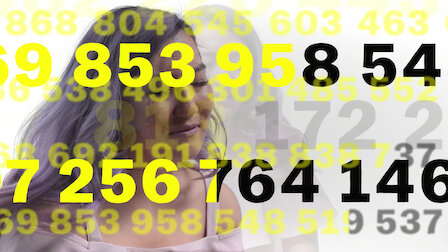

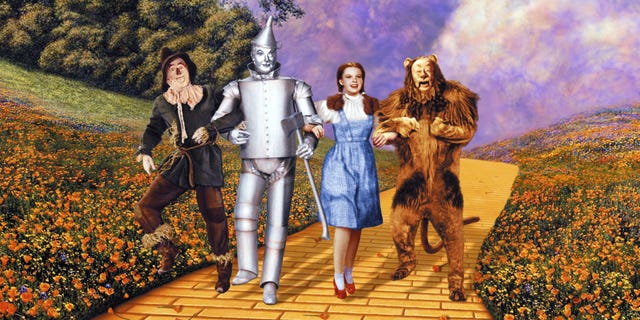
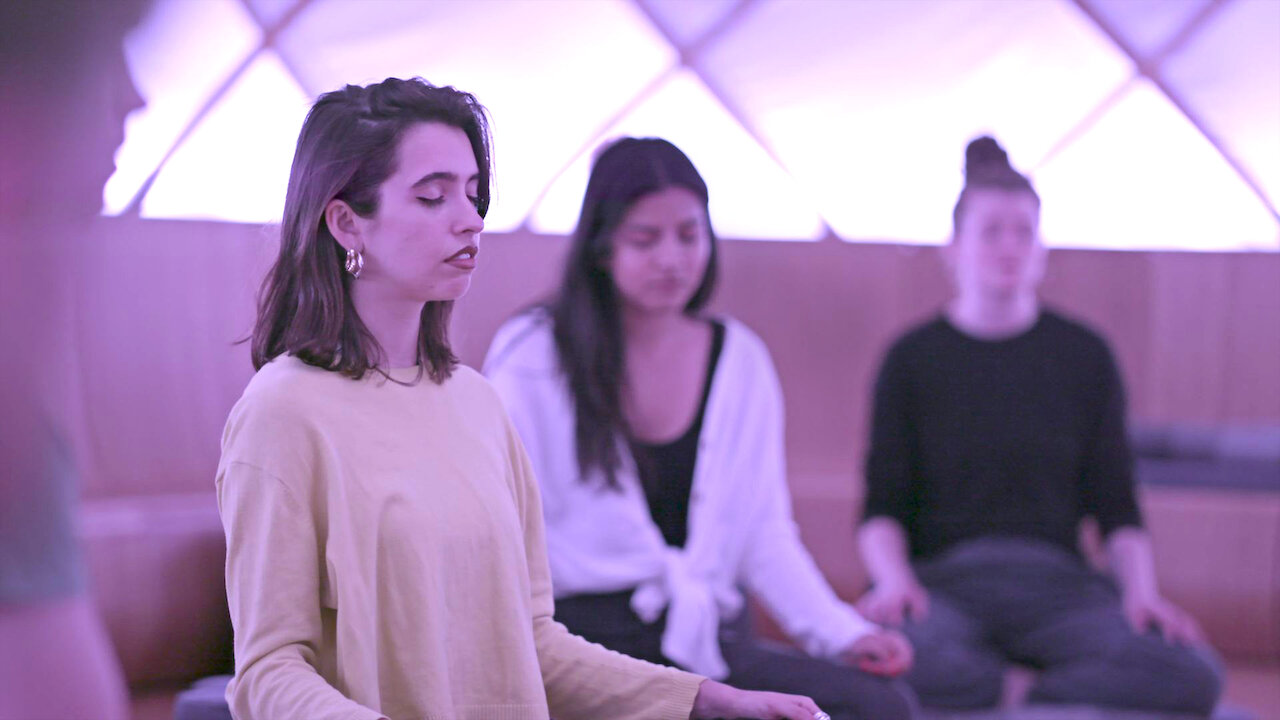
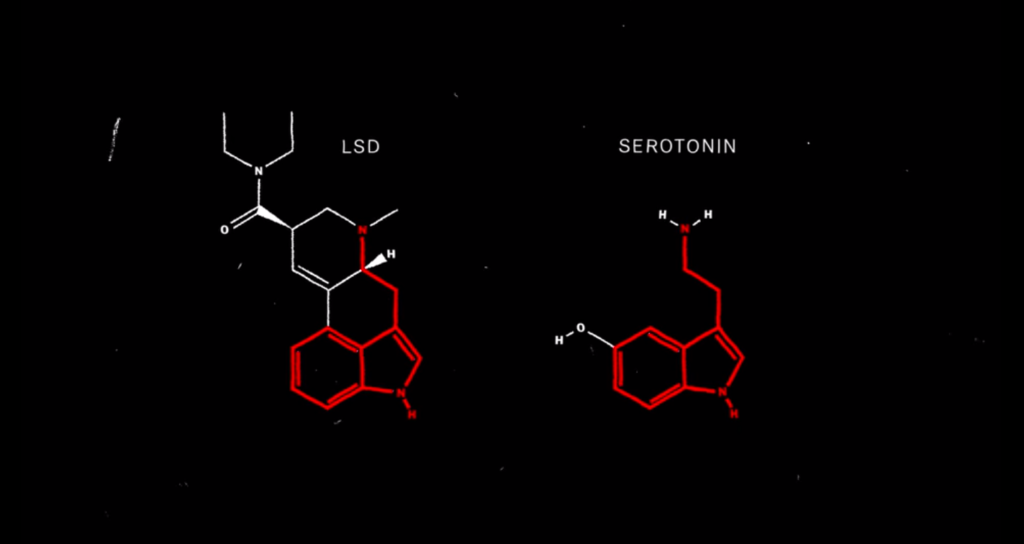
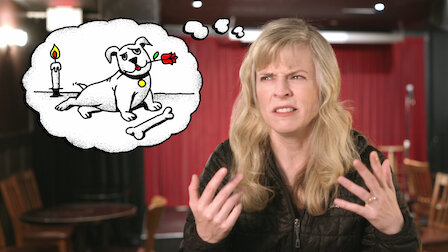
Comments
Post a Comment